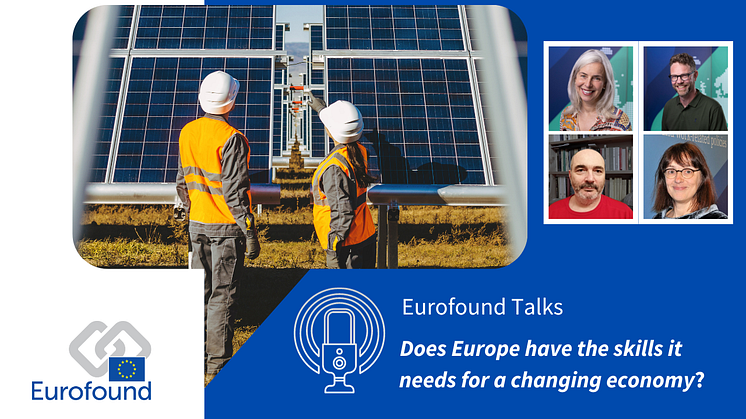Job retention schemes saved close to 27 million jobs during the pandemic
Job retention schemes, one of the main policy tools used during the COVID-19 pandemic to safeguard jobs and protect incomes, saved 26.9 million jobs in the EU in 2020 and 2021.The schemes also reduced inequality by 0.15 percentage points, and lowered the at-risk-of-poverty rate by 0.5 percentage points.




















